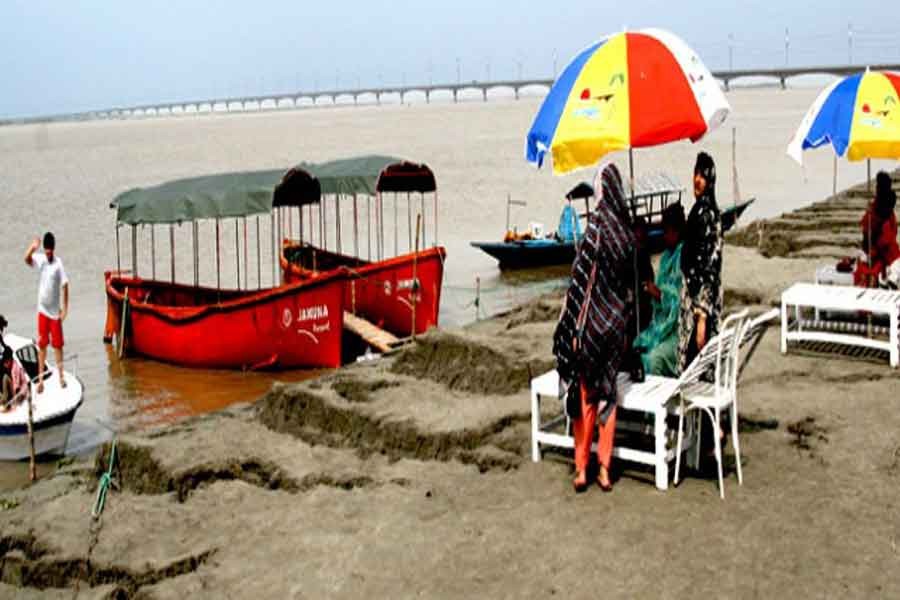Not long ago, the noisy character of the occasion used to provoke annoyance for many. A lot of people would lament its golden phase in their young age. Some would become nostalgic. But now that the annual event appears to be on its way out, a fresh kind of feeling of unease has begun overtaking the city residents. If Dhaka's winter air continues to remain bereft of the loud fanfare and youthfulness in the morning for some more years, the capital may start forgetting one of its traditional jubilations --- picnic. Whereas with the onset of winter in December the roads and neighbourhoods of the capital used to be vibrant with the innocent revelries of the picnic-goers, only a handful of the areas offer this spectacle nowadays. As part of an old tradition, the mornings of holidays during winter in Dhaka a few years ago would belong to the picnicking youths. Caravans of buses and cars would fill the city streets and the highways. Most of their destination was the forest-covered swathes on the capital's north. The areas are located in the vast Bhawal National Park in Gazipur district.
By that time a few riverside picnic spots in Dhaka's south had opened. To avoid traffic gridlock on way to the National Park, and congestion at the venues, a number of picnic groups began preferring the new spots. Besides, a few other resorts were built on the eastern fringe of the city. In fact before the sharp decline in the number of picnic parties, setting up of bungalows amid sylvan tranquility emerged as a profitable entrepreneurship. It was especially the higher middle-class people who would spend huge sums of money to rent these places for a day. Apart from these spots far from the urban bustle, expensive rest houses also attracted many seeking privacy. These formalised and modern facility-based picnics stood in stark contrast with those of the earlier days. In the past picnics stood for eating-out in the wild, in which improvised arrangements and uncertainties would add to the occasion's jubilant mood. Owing to the plain nature of these picnics preferred by the Dhaka residents, the excursions would enjoy immense popularity among the people with a romantic bent. These `wild' picnics prompt a lot of elderly people to recall the cheerful outings forty to fifty years ago.
The scenario began undergoing a change in a decade. Droves of people, youths in particular, eventually jumped on the bandwagon of picnics to enjoy a fun-filled feast outdoors. These picnics later became synonymous with the festivities of winter. Wider participation in them began to be viewed as a positive social development. Many discovered in them the signs of healthy growth of the younger generation: picnics in course of time included sessions of cultural competitions, sport etc. For the enthusiastic young women, picnics remained incomplete without a special outfit. To students and many other youthful sections, music blaring from loudspeakers remained integral to a fully satisfying picnic.
Picnics have long fallen on bad times. Reminiscing about these excursions can only make one feel sad and nostalgic. But there is no way to bring those innocent joys back. A feverish rush of picnickers, aggravated by sporadic ugly quarrels on the way and at spots, led to a fall in the number of picnic parties. At the same time, shortages of ideal spots continued to become more acute by the year. To the shock of many picnic-goers, a section of youths were found behaving objectionably with women from a different group. Thus Dhaka began losing one of its major daylong festivities. With the event veritably receding into oblivion, the true picnickers can only rue the adversities that have spoilt the fun.


